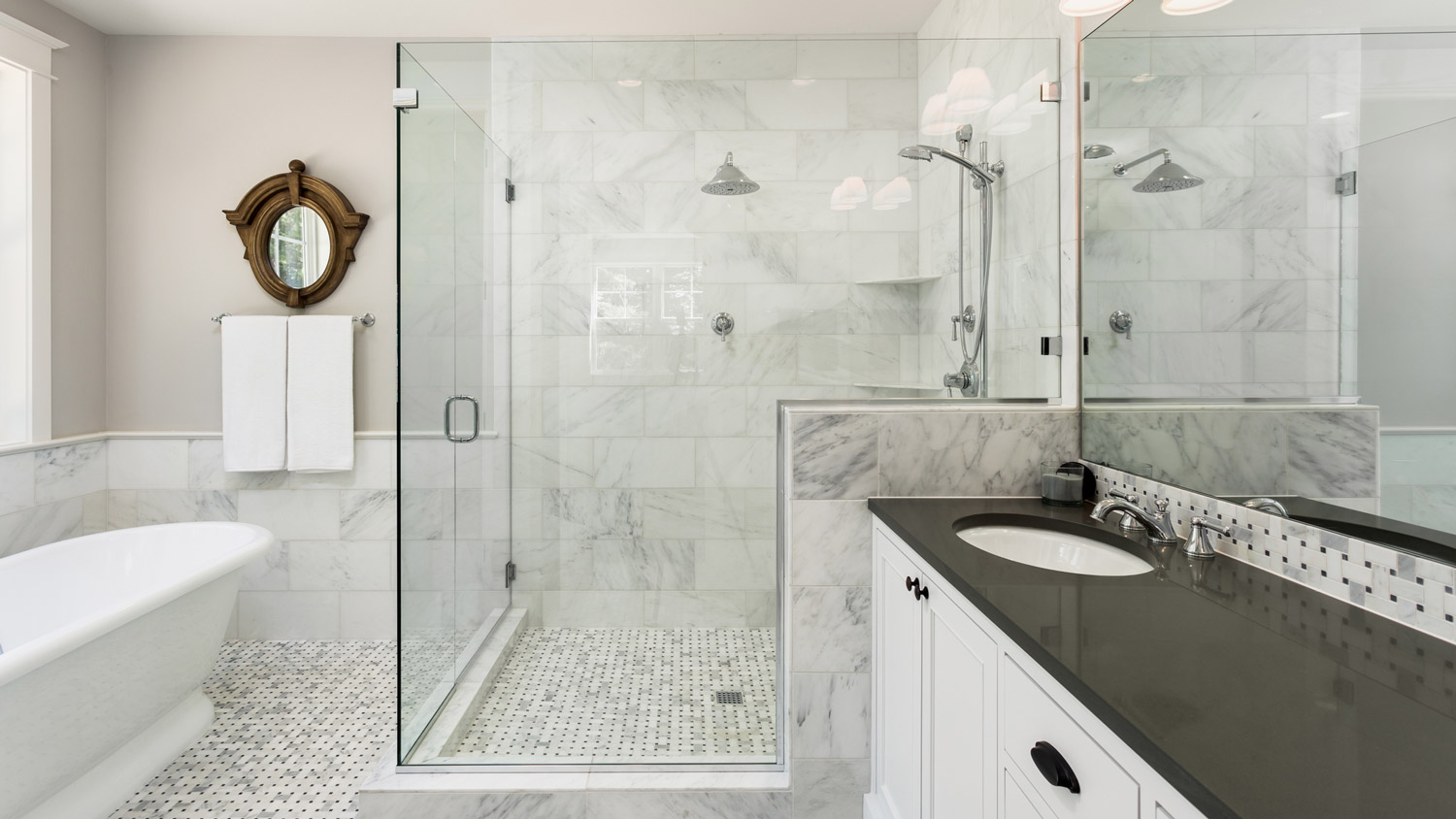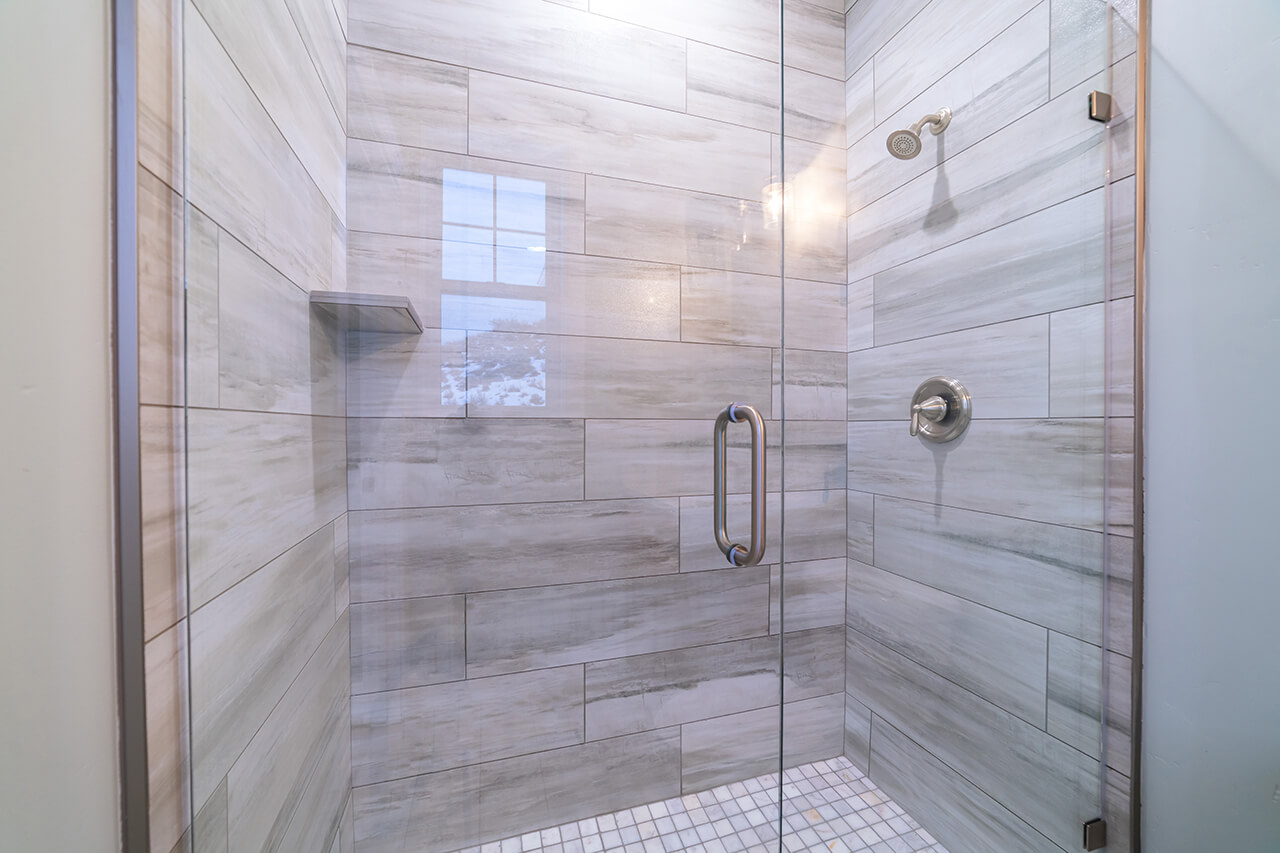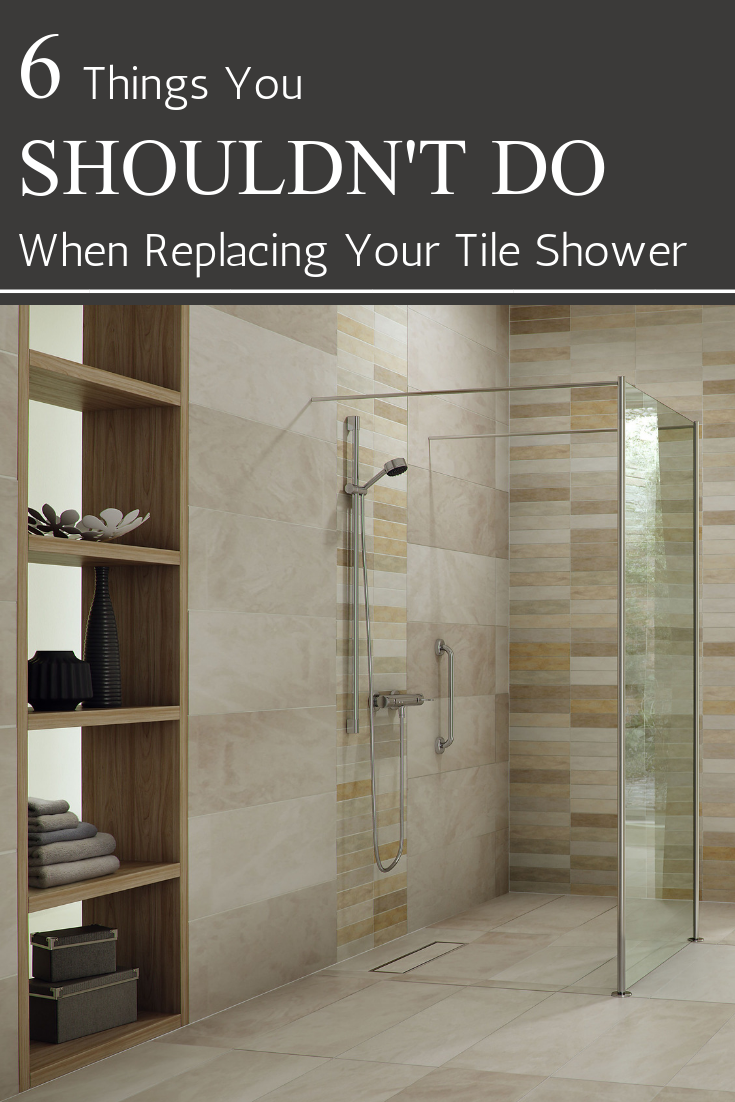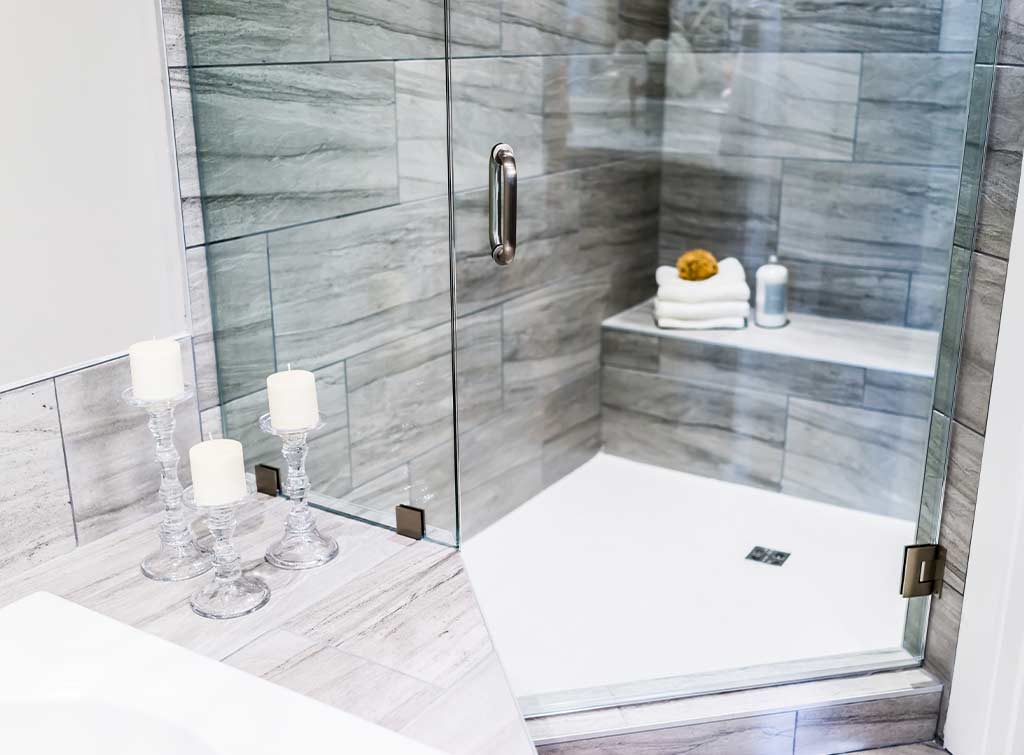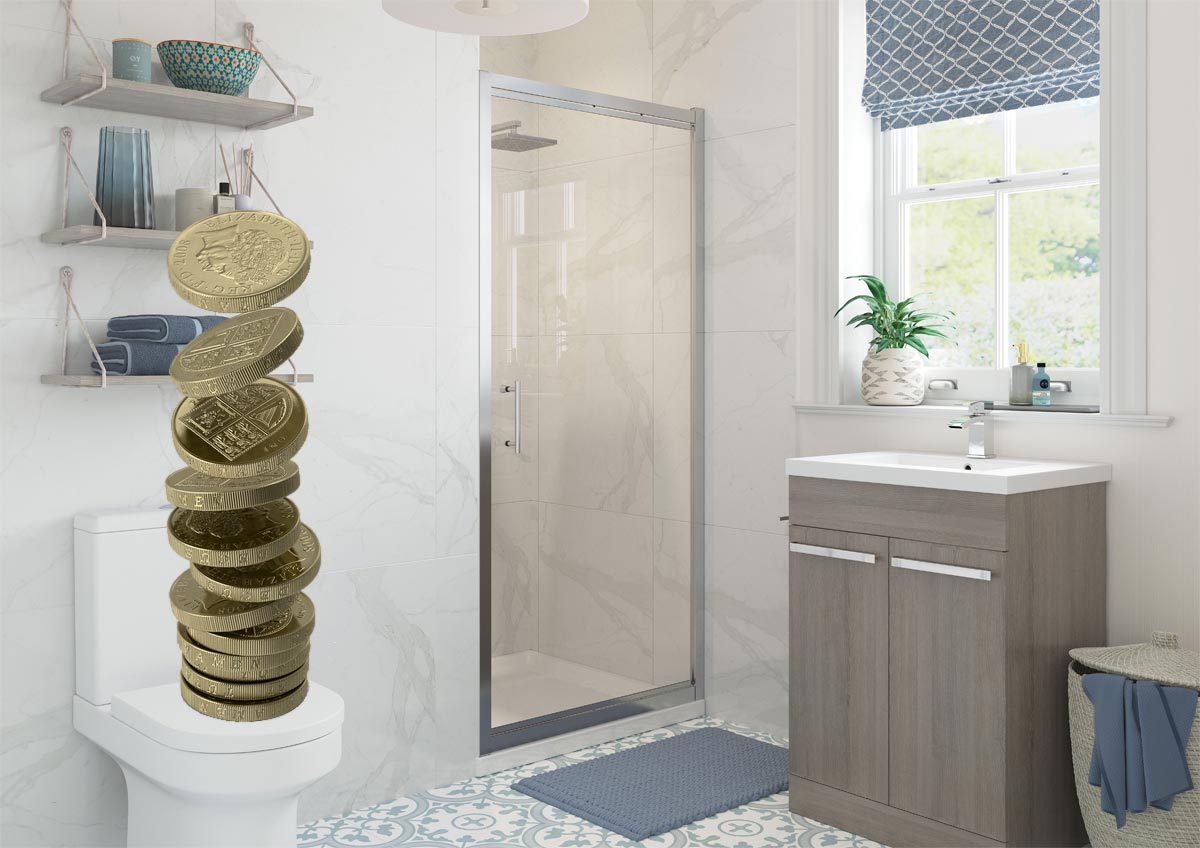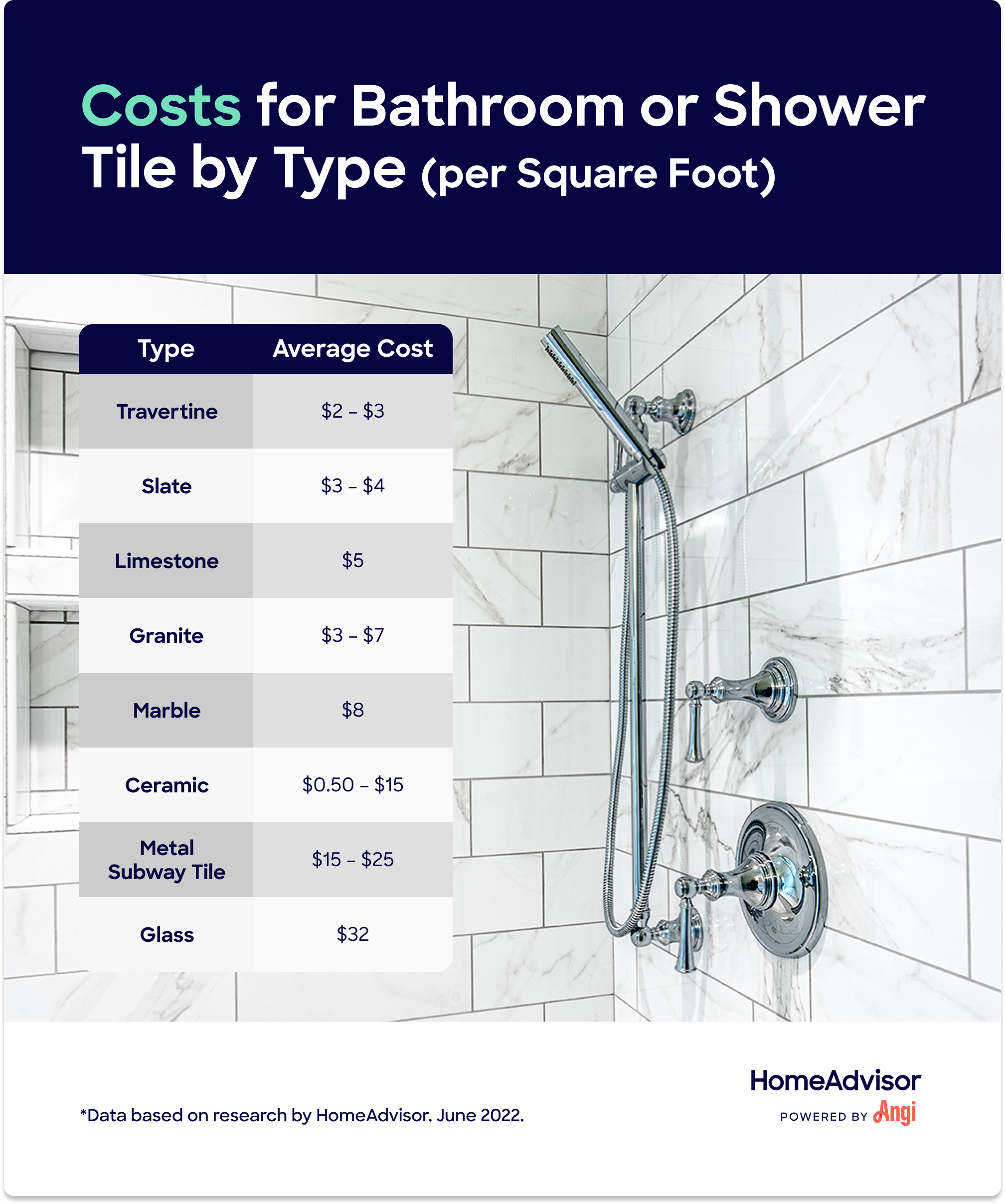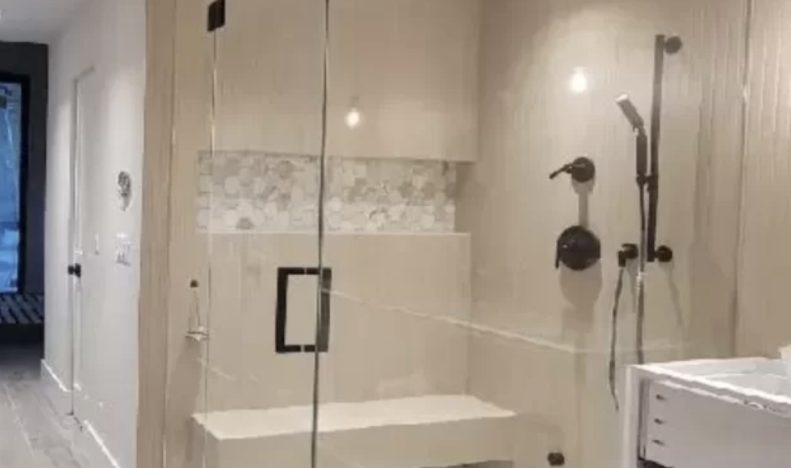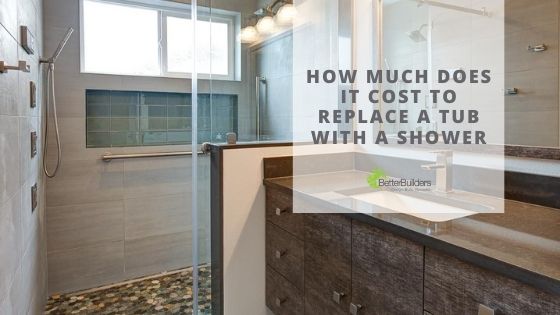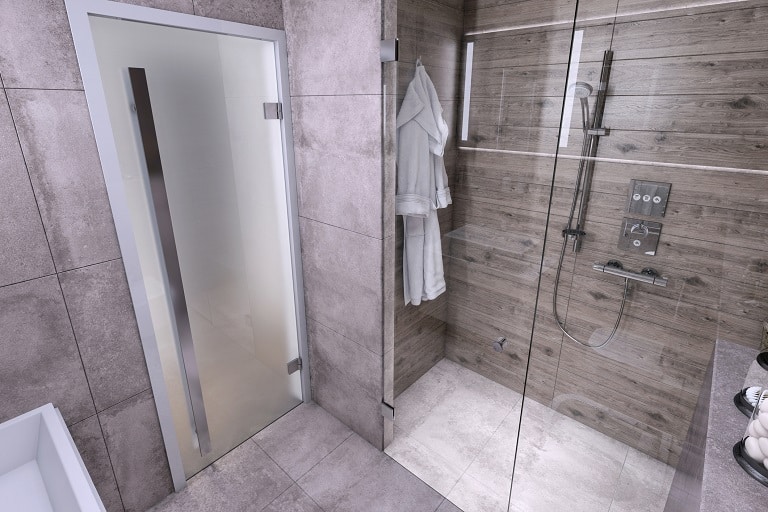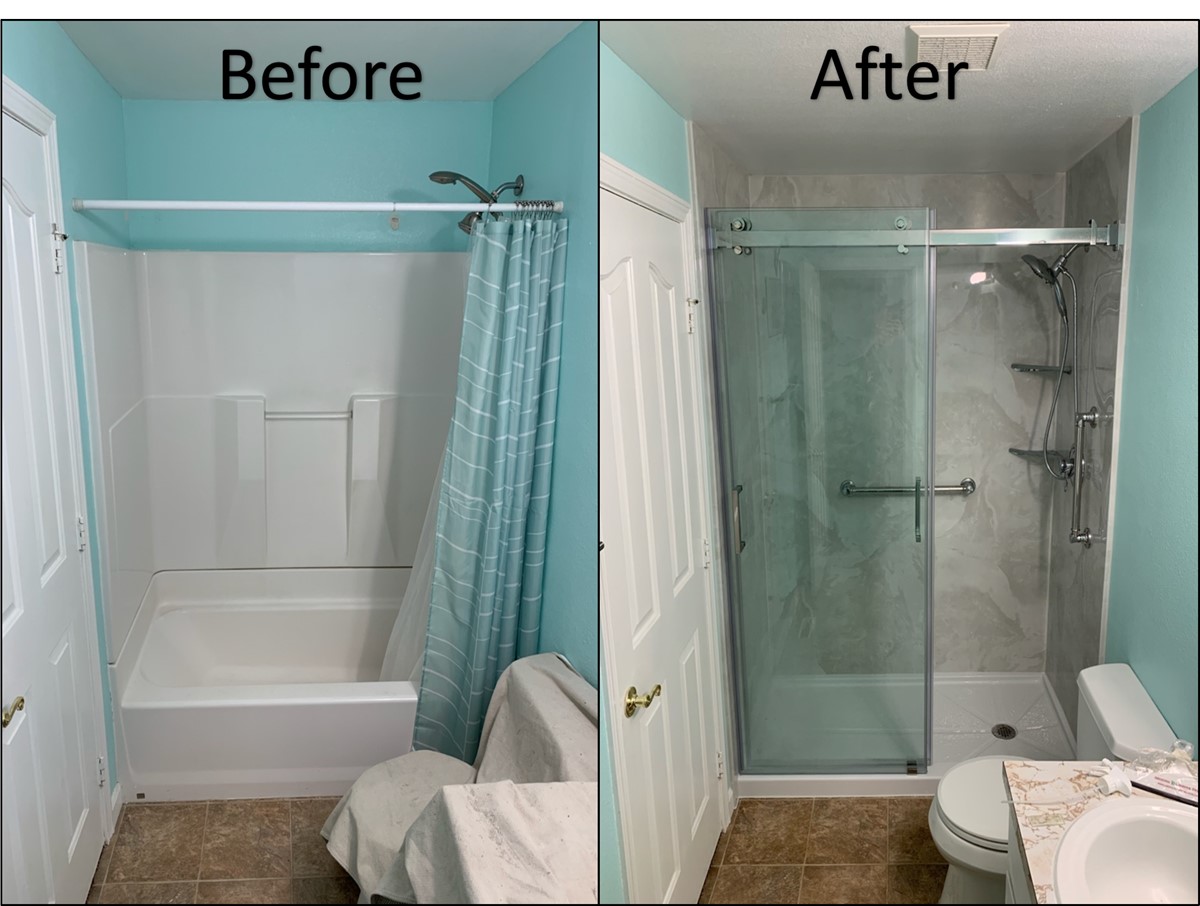What Does It Cost To Replace A Shower
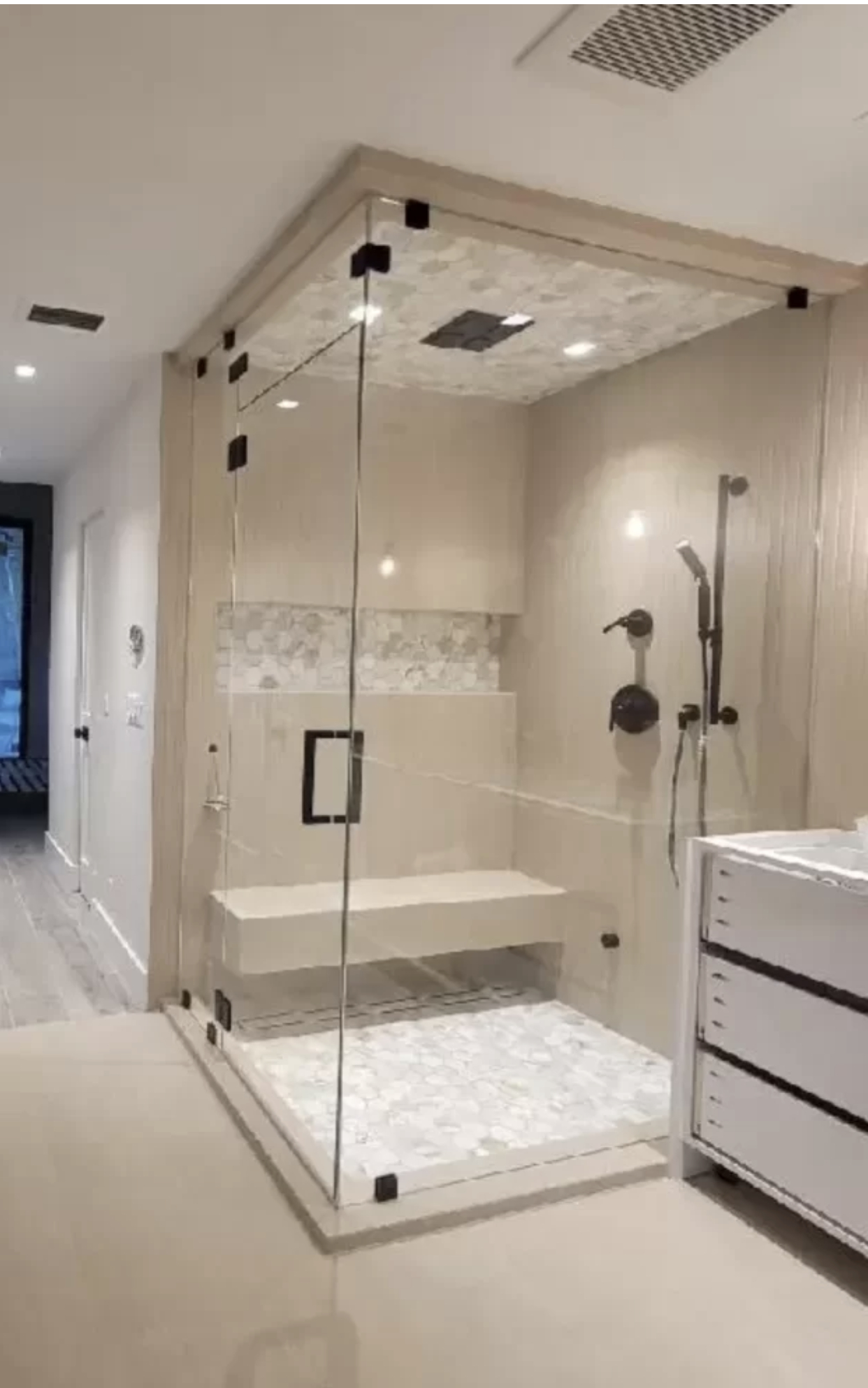
The morning shower: a daily ritual, a moment of cleansing, and often, a cornerstone of a functional bathroom. But what happens when that sanctuary starts to crumble, leak, or simply become an outdated eyesore? The question quickly shifts from a simple desire for improvement to a pragmatic assessment of cost, transforming a refreshing thought into a potentially daunting financial reality.
Estimating the cost to replace a shower isn't straightforward; it's a multifaceted equation involving materials, labor, and the scope of the project. This article breaks down the various factors influencing the final price tag, drawing on industry data and expert insights to provide a comprehensive overview of what homeowners can expect to pay when undertaking a shower replacement project. Understanding these variables is crucial for budgeting accurately and making informed decisions that align with both your aesthetic preferences and financial capabilities.
Factors Influencing the Cost
Several key elements determine the final cost of shower replacement, each contributing a significant portion to the overall budget.
Type of Shower
The type of shower you choose has a profound impact on the price. A basic shower stall replacement will naturally cost less than installing a custom-tiled walk-in shower or a high-end steam shower. Prefabricated shower units, often made of acrylic or fiberglass, offer a budget-friendly solution, typically ranging from $500 to $2,000 for the unit itself.
Custom-tiled showers, on the other hand, involve significantly more labor and material costs. Expect to pay anywhere from $3,000 to $10,000 or more, depending on the tile type, size, and complexity of the design. At the higher end are steam showers and other specialized units, which can easily exceed $10,000 due to the complexity of plumbing and electrical work involved.
Materials
Material costs vary significantly based on quality and style. Tile, for instance, ranges from a few dollars per square foot for basic ceramic to hundreds for high-end stone or glass. Shower pans can range from $100 for basic acrylic to over $1,000 for custom-built or high-end composite materials.
Faucets and showerheads are another variable, with basic fixtures costing under $100 and designer models easily exceeding $500. Glass doors, if required, add another layer of cost, ranging from a few hundred dollars for basic framed doors to several thousand for frameless or custom-designed enclosures.
Labor Costs
Labor represents a substantial portion of the overall cost, often accounting for 40% to 60% of the total. Plumbers and contractors typically charge hourly rates ranging from $50 to $150, depending on their experience and location.
Demolition of the existing shower, plumbing work, tile installation, and drywall repair all contribute to the labor costs. Complex projects requiring significant plumbing or electrical alterations will naturally incur higher labor expenses. Obtaining multiple quotes from qualified and licensed professionals is critical for comparing labor costs and ensuring you receive competitive pricing.
Additional Costs
Beyond the core components, several ancillary costs can impact the overall budget.
Permits are often required for shower replacements, especially if plumbing or electrical work is involved. These fees vary by location but can range from $50 to several hundred dollars. Unexpected repairs, such as fixing underlying water damage or addressing mold issues, can also add to the final cost.
Furthermore, if the shower replacement necessitates upgrading the bathroom's plumbing or electrical systems to meet current building codes, these upgrades will contribute significantly to the overall expense.
Cost Breakdown Examples
To illustrate the cost ranges, consider a few hypothetical scenarios. A basic shower stall replacement, involving a prefabricated unit and minimal plumbing adjustments, might range from $1,500 to $4,000. A mid-range project involving a custom-tiled shower with standard fixtures and modest plumbing work could cost between $5,000 and $8,000.
A high-end shower replacement, featuring premium materials, intricate tile work, and significant plumbing or electrical upgrades, could easily exceed $10,000. These figures are estimates, and it's essential to obtain specific quotes from local contractors to accurately assess the cost for your unique project.
Future Trends and Considerations
The cost of shower replacement is subject to market fluctuations and evolving trends. Material prices, particularly for tile and metal fixtures, can vary based on supply chain dynamics and demand. Labor costs are also influenced by the availability of skilled tradespeople in your area.
Sustainability is becoming an increasingly important consideration, with homeowners opting for water-efficient showerheads and eco-friendly materials. While these choices may entail a slightly higher upfront cost, they can lead to long-term savings on water bills and reduce environmental impact. Moreover, incorporating universal design principles, such as grab bars and curbless entries, can increase accessibility and add value to your home.
Ultimately, replacing a shower is a significant investment, but with careful planning and a thorough understanding of the influencing factors, homeowners can navigate the process effectively. By obtaining multiple quotes, considering material options, and anticipating potential hidden costs, you can transform your bathroom into a revitalizing space without breaking the bank. Consulting with a reputable contractor is invaluable in ensuring a successful and cost-effective shower replacement project.
